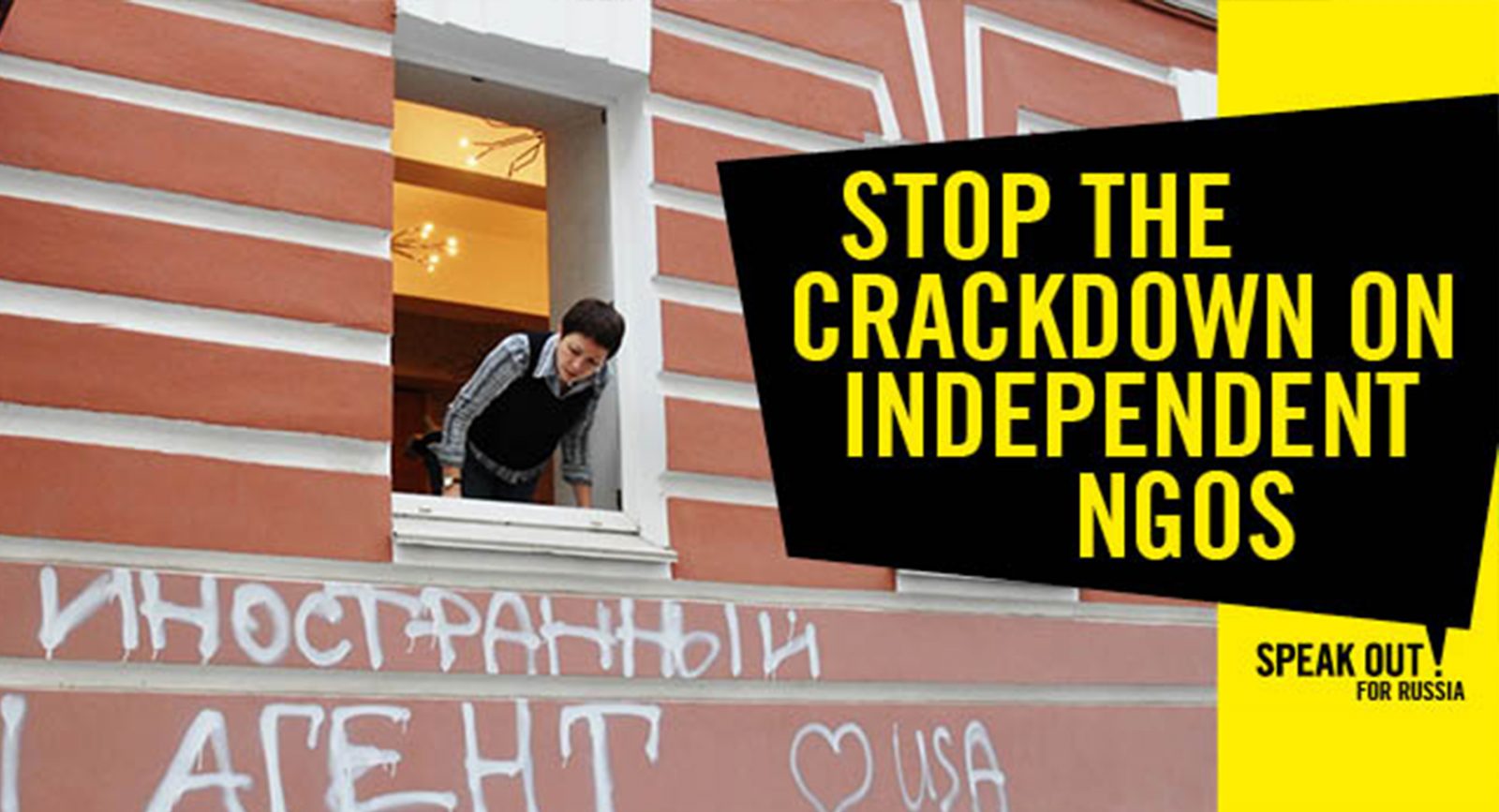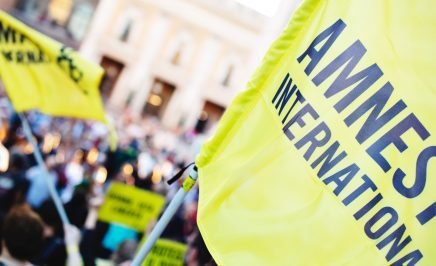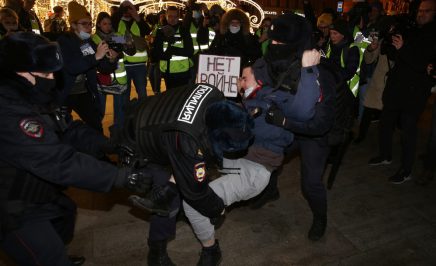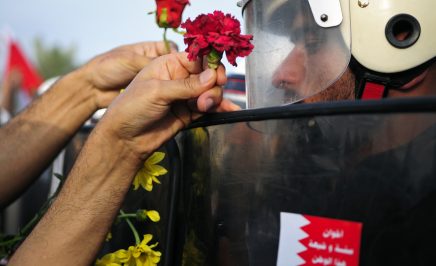Reacting to the news that a court in Russia has upheld a Ministry of Justice request to close down Moscow Helsinki Group, the oldest human rights organization in the country, Marie Struthers, Amnesty International’s Director for Eastern Europe and Central Asia, said:
“Russia is rapidly plunging ever deeper into a human rights crisis, as compulsive disdain and fear of human rights, and those who promote them, becomes state policy. In a country where human rights are defiled and dishonoured, there is virtually no more space for human rights work.
“Following the liquidation of Memorial, the For Human Rights Movement, and Open Russia, and eviction of the Sakharov Centre from its premises, the authorities have now closed down Moscow Helsinki Group. This is particularly cynical in light of President Vladimir Putin’s visit in 2017 to Moscow Helsinki Group’s celebrated chairperson and icon of the Soviet dissident movement, Ludmila Alekseeva, and his subsequent laying of flowers at her 2018 funeral.
“The Russian authorities’ dismantling of the oldest human rights group in the country will go down in history as a shameful act. The decision to liquidate Moscow Helsinki Group is unlawful and must be reversed, and the repression of civil society must stop. Russia and its people deserve better.”
Background
On 25 January, the Moscow City Court granted the Ministry of Justice’s application to close down the human rights organization, Moscow Helsinki Group, which was established in the Soviet Union in 1976. The lawsuit was based on a number of purported “violations” by the organization, for instance members of the group participating in events outside of Moscow thus supposedly overstepping the organization’s statutory limitations.
The suspension and involuntary dissolution of an organization are among the severest restrictions on the right to freedom of association, protected under Article 22 of the International Covenant on Civil and Political Rights. Given the severity of the measure, it may only be used when there is a clear and imminent threat to, for example, national security or public order, and it must be strictly necessary and proportionate to the legitimate aim pursued and used only when less restrictive means would be insufficient.





